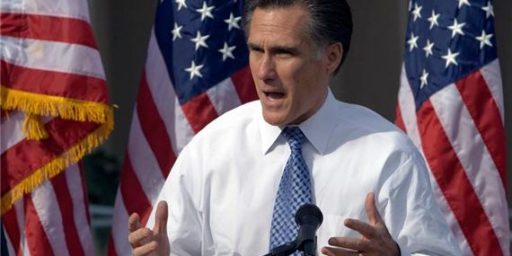FOLLOWING BUSH’S LEAD
First, cooperation of Iraq debt forgiveness. Now this:
United Press International: Germans plan more tax reforms
Germany is bracing for a new round of tax cuts and further reforms in the New Year designed to haul the country out of the economic doldrums.Fresh from the hard-fought compromise with the opposition parties last week for an initial package of reforms, both Chancellor Gerhard Schroeder (a left-of-center Social Democrat) and the conservative opposition leader, Edmund Stoiber, called over the weekend for further cuts designed to simplify Germany’s complex tax system.
Tax cuts as a way to stimulate the economy? Who knew?
The Christian Democrats, the largest opposition group, are pushing a more sweeping reform approach. Dubbed the Merz plan after its author, the party’s deputy leader Friedrich Merz, it seeks a simplified but steeply progressive tax, creating three tax bands of 12 percent, 24 percent and 36 percent, depending on income. The first $9,906 of income would be tax-free.
The Christian Democrats go much further down the road to simplification, proposing to scrap all tax breaks and exemptions, including the popular subsidies for commuters, a politically risky approach.
German business leaders say they don’t mind which approach is adopted, so long as the tax cuts come to bring relief for an economy that has languished at the bottom of Europe’s growth tables for the past seven years. With unemployment stubbornly stuck at 10 percent (close to double U.S. and British levels), the German economy is widely described in the local media as “the sick man of Europe.” Its combination of generous welfare payments, high taxes and unemployment and almost zero growth is now known in Europe as “the German disease.”
Not to be confused with “the German Problem”–which is something else entirely.
That Germany has prospered as long as it has given its onerous tax and welfare burden is a testament to its work force. But the status quo is unsustainable with an aging population, small families, and little immigration. And the CDU 12-24-36 plan would be a recipe for massive tax evasion or, indeed, exporting of jobs.





